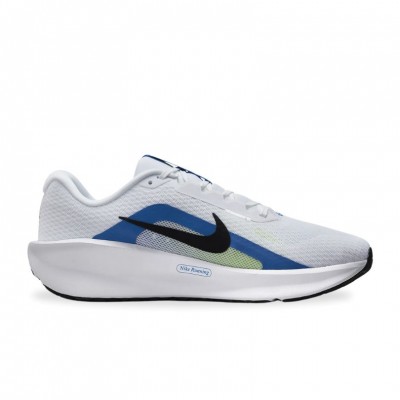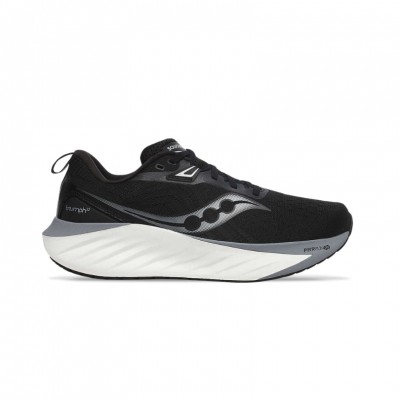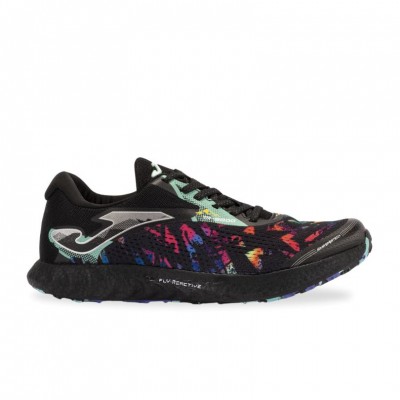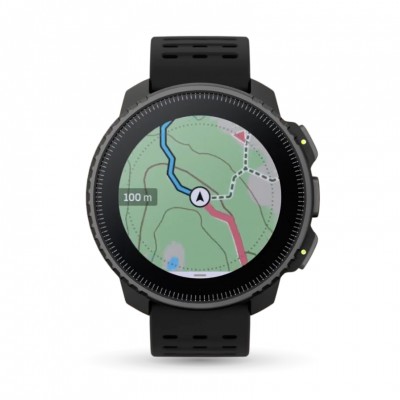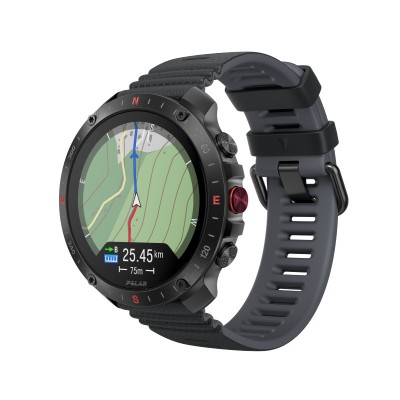We've all had it happen to us at some point, our period is a day or two late, and suddenly, we find ourselves jumping to all the possible conclusions. Eventually and for our peace of mind, the period does eventually show up, but...what if you're not pregnant and you're still experiencing a delay? Is it possible that diet or what you're eating has something to do with it? Could it be due to the intensity with which you've been training, or a lack of exercise?
When there is any delay in your menstrual cycle, it is common to have many doubts and questions. That's why some health specialists have dedicated themselves to answering the most frequently asked questions in this particular case. At RUNNEA, we've compiled some of the most interesting answers. The key is not to jump to conclusions, especially not comparing your own experience with that of your closest friends. Each body is unique and undergoes its own processes. If you're still unsure, it's best to seek the advice of a healthcare professional.

Is it normal to miss a period?
It is a universal truth that any of us at some point can get a delay in our period, and it is even possible for the period to be completely absent for a month. Pregnancy is one of the most common causes of late periods, so if it has already been a week since the date you should have had your period, and it hasn't arrived, it is best that, it's best to take a pregnancy test to rule out this possibility.
If you are not pregnant, relax and wait for your period to arrive. The most normal thing is that the following month your menstruation will be back as usual. Missing your period one month once or twice a year is not a cause for major concern. However, if the absences or delays are more frequent, it is best to consult your gynecologist.
Can excessive exercise affect my period?
Although it may be hard to believe, exercise is also another reason why menstruation is delayed. When we do sports or exercise intensely, we reduce the amount of a hormone called leptin. This is generated by fats and plays an important role in ovulation and menstruation.
At this point it should be made clear that this happens when physical activity is so intense that we have lowered our body fat percentage below normal rates. This is a circumstance that high-performance athletes often experience.
Another point to keep in mind is that excessive exercise reduces the amount of estrogen and progesterone that our ovaries produce. With less of these hormones, the menstrual cycle tends to be delayed or even absent. With intense physical activity, the area of the brain responsible for dictating hormone production can be interfered with, and our brain sends the signal that it is simply not the right time to have a period.

If you are exercising intensely and your period is late or absent, and it is starting to happen more frequently, it is important to see a doctor and a nutritionist who will help you re-regulate your cycle. Your doctor may recommend that you lower the intensity of your exercise until your period is regulated, and in special cases, hormone treatment may be necessary.
Does not exercising enough also affect it?
Missed periods due to exercise are more common in cases where we are exercising too much than in cases where we are exercising too little. However, being overweight is also a factor that can alter the coordination between the brain and the ovaries, affecting the production of hormones, and therefore altering the menstrual cycle.
It should be noted that the frequent absence of periods in women who do very little exercise may be related to Polycystic Ovarian Syndrome, a condition in which small cysts form on the ovaries and interfere with their normal work. Another reason may be a metabolic disorder caused by a sedentary lifestyle.
Is it harmful for the period to be delayed because of exercise?
As we have said before, missing a period for a month without being pregnant should not be a major cause for concern, especially if we have been exercising more intensely or have lost quite a bit of weight. So skipping a period won't hurt our body. However, if you are having less than 9 periods during the year, or the absence lasts for more than a month, it is best to consult with your doctor and find out what message your body is sending.
When you are having irregular periods, it's very common that doctors recommend using birth control in order to regulate menstruation and protect the uterus from a major problem. Again, it is important that you do not self-medicate or start treatments on your own based on other women's experiences, every body is different and you will need the right treatment for your particular case.

Can what I eat or not be behind the delay in menstruation?
Generally speaking, so far it has not been determined that diet or the type of food we eat directly interferes with the absence of a period. What is true, however, is that sugar, in particular, can interfere with the signals our body sends for hormone production, so if you have any type of insulin resistance you should visit your doctor to find out how this can affect your body.
As we have said, a normal diet or being on a diet should not be the cause of an absence of menstruation, but there are cases in which poor nutrition can produce nutrient deficiencies and cause our body to not function normally. The absence of calcium, magnesium, iron and zinc are the main causes of this, as they are essential for the production of sex hormones.
Women who suffer from malnutrition may see their period become totally absent, due to the lack of nutrients and a low percentage of body fat, which as we have mentioned, helps in the production of hormones related to menstruation. Women who suffer from an eating disorder such as bulimia or anorexia also suffer from missed periods caused by lack of food.
In the case of women with a healthy and balanced lifestyle, missing periods can happen in some cases where diets are followed without professional supervision, and where we deprive ourselves of certain foods for a prolonged period of time. For this reason, we should not start any diet without the recommendation of a nutritionist, who can design an appropriate meal plan, in which we receive the necessary calories without sacrificing nutrients.

What to do if diet or exercise has already altered my period?
The answer to this question depends on each individual case, which should be evaluated in conjunction with a doctor. High-performance athletes may frequently experience missed or delayed periods, but you can't exactly tell an Olympic medalist to stop training. In these cases doctors and nutritionists design specific plans to suit the athlete's specific needs and lifestyle.
Remember that even if your period is in total sync with your friend's, that doesn't mean the bodies are the same, or that you can use the same birth control methods, follow the same diet or make the same choices regarding her exercise plan.
There are also factors such as stress, anxiety or depression that can lead to missed periods, if we combine a poor diet or a very demanding exercise plan with a phase in which we are experiencing a lot of stress, the most common thing will be that our body is so overloaded and exhausted that our brain does not send the signal for menstruation to arrive.
If you are experiencing frequent absences or your periods are becoming irregular, it is important that you visit a health professional who will help you make the right choices for you and your body.
Read more news about: Running Training



